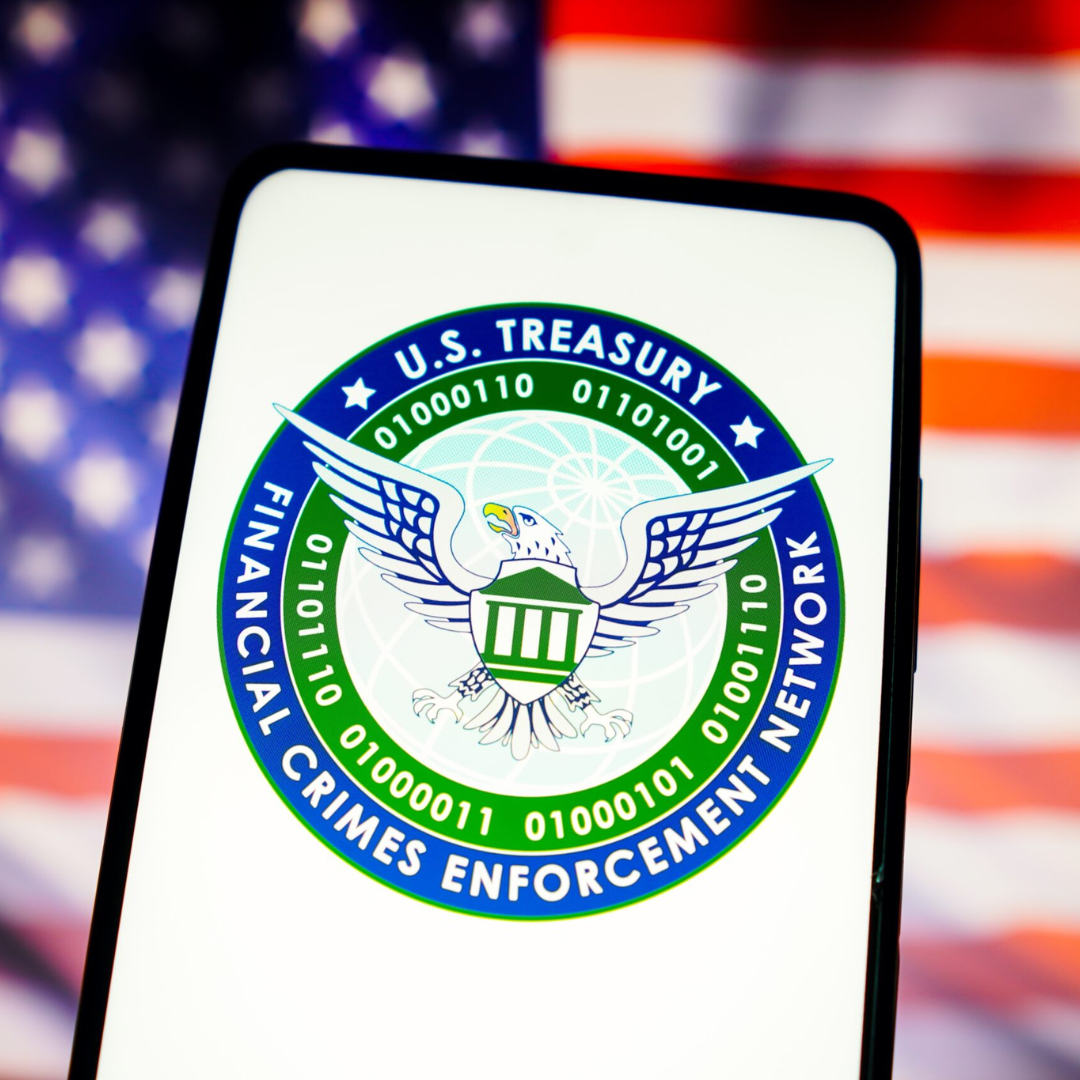The United States government has taken a significant step to block a major company in Cambodia—Huione Group—from utilizing the U.S. financial system. This action follows serious allegations that the company assisted criminals in moving nearly $4 billion in illicit funds over several years, drawing a stark focus on the need for vigilance against international financial crime.
On the forefront of this crackdown is the U.S. Treasury Department’s Financial Crimes Enforcement Network, commonly known as FinCEN. They have proposed designating Huione as a “primary money laundering concern” under Section 311 of the Patriot Act. This is a designation reserved for severe cases, granting the U.S. government the authority to prevent companies from accessing U.S. banks, which is a substantial measure to combat financial malfeasance.
Huione Group stands accused of playing a pivotal role in assisting cybercriminals in concealing stolen money, including funds linked to North Korean hackers and fraudulent operations in Southeast Asia. Many of these scams are orchestrated under the guise of genuine investment opportunities, tricking ordinary individuals into sending money that ultimately ends up in the hands of criminals.
What is Huione Group and Why Does It Matter?
Based in Phnom Penh, Cambodia, Huione Group is a large financial entity that encompasses various businesses dealing in digital currencies, including payment services, cryptocurrency operations, and insurance ventures. Specific entities under its umbrella, such as Huione Pay PLC, Huione Crypto, and Haowang Guarantee, have been named in FinCEN’s announcement.
According to U.S. officials, the company failed to implement adequate measures to combat money laundering. Huione Group either did not have reliable anti-money laundering safeguards or had very lax protocols in place, allowing criminals to transfer money undetected. These safeguards, known as “Know Your Customer” (KYC) rules, are critically essential in preventing financial firms from unwittingly aiding criminal enterprises.
FinCEN asserts that Huione’s services became the go-to platforms for various criminal organizations and online scammers, labelling the group as the “marketplace of choice” for laundering stolen money. Criminals allegedly exploited Huione’s robust systems to disguise the origins of their funds, giving a façade of legitimacy to money generated through illegal activities.
Significantly, U.S. authorities believe that the Huione Group was aware of its shortcomings. Reports suggest the company admitted it had ineffective systems, particularly after it was discovered that it had facilitated transactions involving funds that were indirectly linked to North Korean cybercrime syndicates notorious for their large-scale hacking and fraud schemes.
How Deep Does This Go?
The U.S. government’s investigation unveiled that between August 2021 and January 2025, Huione processed approximately $4 billion in dubious transactions. Notably, around $37 million was associated with cyberthefts executed by North Korean hackers, while roughly $36 million stemmed from fraudulent cryptocurrency investment schemes that lured victims with false promises of high returns. Overall, an estimated $300 million derived from various cyber scams, including phishing attacks and online fraud.
These figures represent not just numbers but real people who have lost their hard-earned money. U.S. officials note that American citizens were among those victimized, and Huione’s operations significantly contributed to the unregulated cross-border movement of stolen funds.
In response to these developments, Cambodian authorities haven’t remained idle. In January, the National Bank of Cambodia revoked Huione Pay’s operating license, and around the same timeframe, Google removed an app named Huione Guarantee from Telegram after it was linked to scam activities following a private blockchain research investigation.
Currently, the proposal by the U.S. Treasury is open for public comment for 30 days as part of the regulatory process before the final rule can take effect. If approved, this measure could severely cripple Huione Group’s ability to use U.S. banks for moving or storing their money, presenting a significant challenge to the company’s operations. The case underscores how governments are intensifying efforts to track and disrupt companies that assist criminals in obscuring and moving their illicit gains through intricate financial channels.


